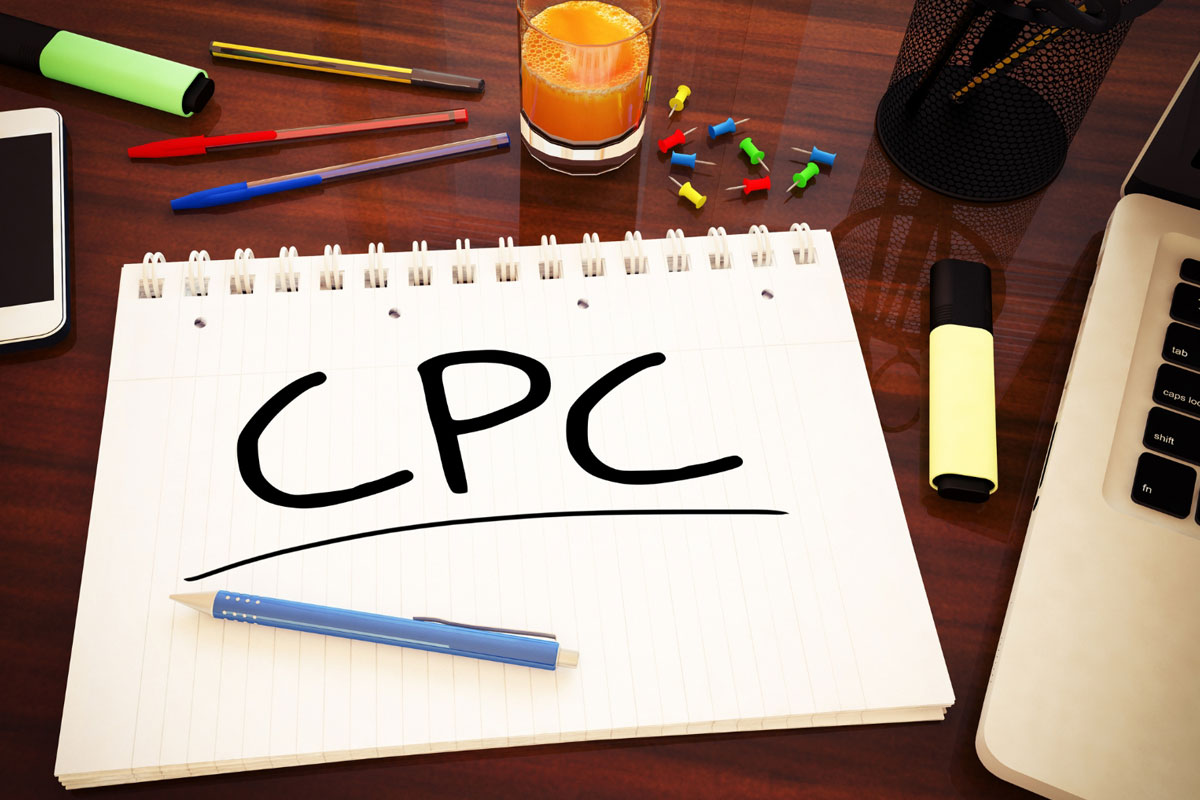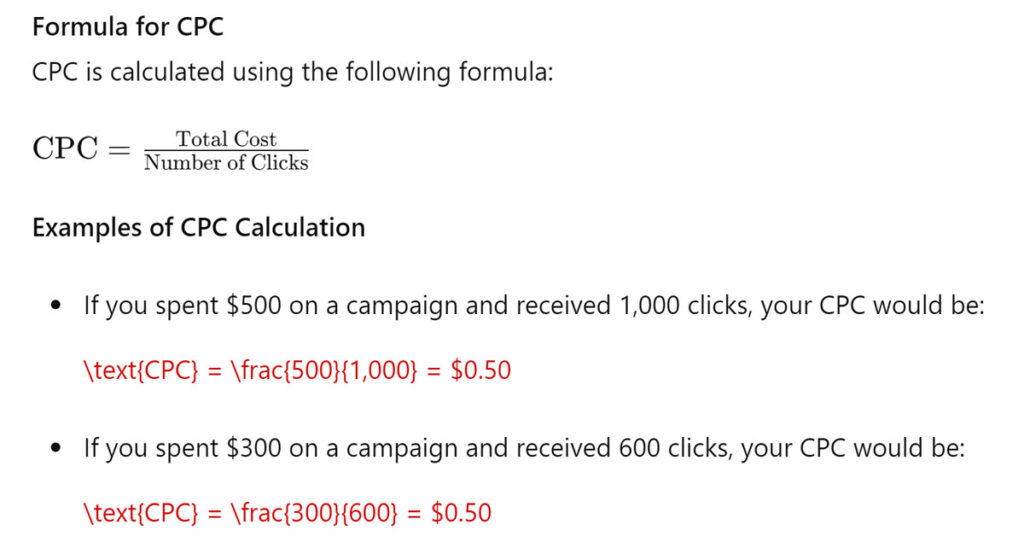
Cost Per Click (CPC) is a crucial metric in paid search marketing that directly impacts your advertising budget and overall campaign performance. In this article, we’ll discuss the significance of CPC, how to calculate it, the factors that influence it, and strategies to optimize it for better ROI.
Introduction to CPC
Definition and Significance Cost Per Click (CPC) is the amount you pay each time someone clicks on your ad. It is a key metric in pay-per-click (PPC) advertising, determining how much you spend on your campaigns. CPC is essential because it affects your budget allocation, ROI, and the overall success of your paid search efforts.
Why CPC Matters in Paid Search Marketing CPC matters because it directly impacts your advertising costs. A lower CPC allows you to get more clicks within your budget, increasing the potential for conversions and sales. Additionally, optimizing CPC helps improve the efficiency of your campaigns, ensuring that you get the most value from your advertising spend.
How to Calculate CPC
Formula for CPC CPC is calculated using the following formula:

Factors Influencing CPC
Keyword Competition High competition for popular keywords can drive up CPC. Advertisers bidding on the same keywords will need to pay more to achieve top ad positions.
Quality Score Quality Score is a metric used by search engines to evaluate the relevance and quality of your ads and landing pages. A higher Quality Score can lead to lower CPCs, as search engines reward high-quality ads with better positions at lower costs.
Ad Relevance and Landing Page Experience Ads that are highly relevant to the user’s search query and provide a good landing page experience can achieve lower CPCs. Ensuring that your ads and landing pages are closely aligned with user intent can improve performance and reduce costs.
Bid Strategies Different bid strategies, such as manual CPC, enhanced CPC, and automated bidding, can influence your CPC. Choosing the right strategy based on your campaign goals and performance can help optimize costs.
Ways to Optimize CPC
Conducting Keyword Research
- Identify relevant and high-performing keywords with lower competition.
- Use long-tail keywords to target specific search intents and reduce CPC.
- Regularly review and update your keyword list to stay aligned with changing trends.
Improving Quality Score
- Ensure that your ads are relevant to the keywords and search queries.
- Create high-quality landing pages that provide a good user experience.
- Continuously monitor and optimize your ad performance to maintain a high Quality Score.
Enhancing Ad Relevance and Landing Page Experience
- Write compelling ad copy that aligns with the user’s search intent.
- Use clear and persuasive calls to action (CTAs) to encourage clicks.
- Optimize landing pages for relevance, speed, and usability to improve user experience.
Using Automated Bidding Strategies
- Utilize automated bidding strategies like Target CPA (Cost Per Acquisition) and Target ROAS (Return on Ad Spend) to optimize bids based on performance goals.
- Use Google’s Smart Bidding to leverage machine learning for bid optimization.
Information Table on CPC Benchmarks by Industry
| Industry | Average CPC |
|---|---|
| Retail | $1.20 |
| Financial Services | $3.77 |
| Travel & Hospitality | $1.53 |
| Technology | $3.80 |
| Education | $2.40 |
| Healthcare | $2.32 |
| Real Estate | $2.37 |
| Legal | $6.75 |
| Automotive | $2.46 |
| E-commerce | $1.16 |
In the next article, we will explore Conversion Rate, discussing its importance, how to calculate it, factors affecting it, and strategies to improve it.

